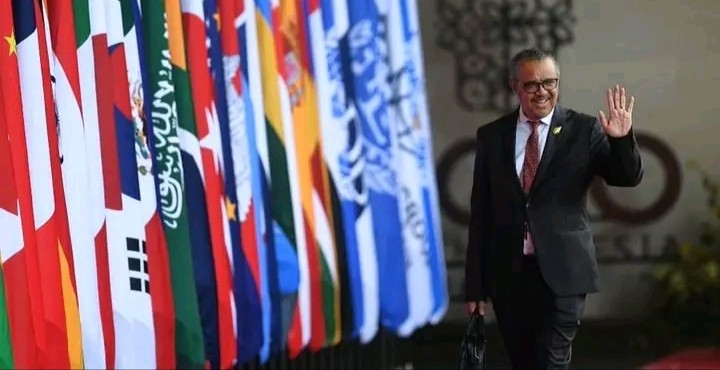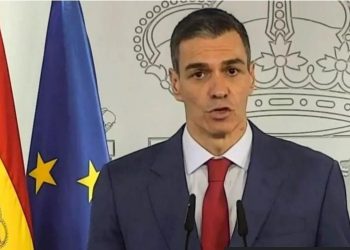The World Health Organization WHO has seeked G20’s commitment to transform food systems to provide healthy and sustainable diets for all, based on a One Health approach that addresses the health of humans, animals and the planet.
The WHO Director General, Dr Tedros Ghebreyesus who make the call at the working session of food and energy security during G20 Leaders’ Summit in Bali, Indonesia on Tuesday, said heaviest price for the crises in food and energy security is paid in human health.
According to him, “Food and energy are fundamental to human life, and human health. The lack of either, or their over-consumption, can have severe consequences for health and economies. Hunger and malnutrition weaken the body’s defences, and open the door to infectious diseases.
“Even in G20 countries, the cheapest food is often the least healthy, fuelling the growing epidemics of obesity, diabetes and cardiovascular disease, with huge costs to health systems and economies”, Ghebreyesus added.
The DG stated further that the energy crisis presents a twin threat to health. “On one hand, the global addiction to fossil fuels poisons the air, causing diseases like asthma, and as the main contributor to climate change, increases the prevalence of communicable and noncommunicable diseases.
“On the other hand, 1 billion people globally are served by health facilities with unreliable or no electricity. Measures to protect and promote health must be central to the global response, WHO DG emphasized.
While seeking G20’s commitment to transform energy systems, to provide clean air, to build climate-friendly health systems, and to ensure all health facilities globally have reliable and clean source of energy.
WHO seeks global transformation of food systems to healthy diets
Please login to join discussion











